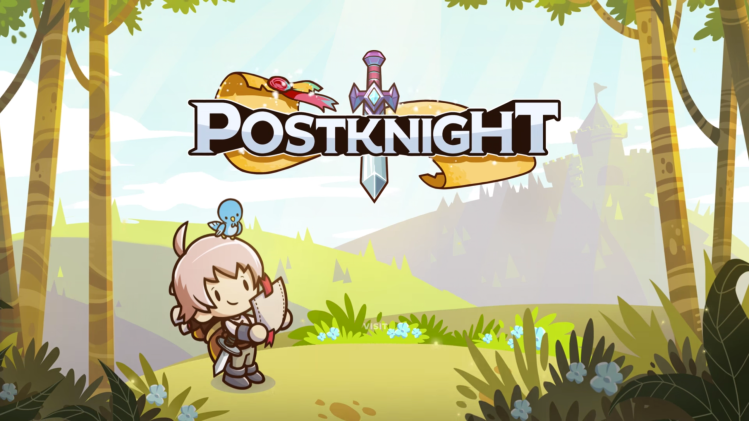The International Mobile Gaming Awards’ call for entries for its 3rd annual Southeast Asia competition is in its last week. Mobile games that launched after May 2017 are eligible, and developers must be from Brunei, Cambodia, East Timor, Hong Kong, Indonesia, Laos, Malaysia, Myanmar, Philippines, Singapore, Thailand, Vietnam, or Taiwan. Submissions will close on August 15, and the IMGA will announce the winners at an award ceremony in Manila on October 25.
IMGA SEA has categories such as Excellence in Visual Design and Best Meaningful Play, and all winners are automatically considered for the IMGA Global awards later on. This year’s competition will also hand out an award to the best blockchain-based game.
The organization holds competitions in various regions of the world in addition to Southeast Asia, including Middle East and North Africa (MENA) and China. IMGA founder Maarten Noyons initially wanted to expand the competition to Asia, but when he began doing research on the region, he discovered that “Asia doesn’t exist. There is no such thing as a coherent cultural identity in the region we call Asia,” said Noyons in an email to GamesBeat. “I concluded that, in terms of game culture, there are basically five regions. China, Japan, Korea, Southeast Asia, India.”
His dream of creating a pan-Asian jury to celebrate all the games in that part of the world came with complications — geopolitics, for instance, between South Korea, Japan, and China — as well as cultural differences and language barriers.
It’s not the first time IMGA has seen how politics can potentially interfere with games — a misunderstanding resulted in Iranian developers’ eligibility being temporarily revoked for IMGA MENA, though Noyons and his team worked to reinstate them. Many of the Iranian studios pointed to politics and international sanctions against their country as the reason behind the mixup.
So IMGA is working on penetrating those five regions with separate competitions. IMGA SEA and IMGA China are both in their third years, and the organization is working to enter South Korea next. For its Southeast Asia awards, it partners with local companies and studios. In its first year, it teamed up with Kuala Lumpur-based Malaysia Digital Economy Corporation, which runs the Malaysian games conference LevelUp. It also partnered with Gamevil and Com2Us, and it received over 300 submissions.
For its second year, IMGA moved the gathering to Singapore and teamed up with the esports organization Eliphant, as well as the local International Game Developers Association chapter. This year, its partner is the Filipino games conference ESGS (Esports and Gaming Summit). It will host a two-day conference called Gamefest, and it will devote one entire day to blockchain games.
“We think that it is the right time to take a deep look into the reality of blockchain games,” said Noyons. “Since it is the first time we are [featuring a category for this] and since there are not so many games, we expand the region for eligible blockchain games from SEA to worldwide. We also accept web-based games.”
In the past two years, Noyons has had time to observe the challenges that Southeast Asian developers encounter. They have to compete with blockbuster titles from abroad, and it can be tough to find resources to scale up their projects.
“The majority of the games submitted [in Southeast Asia] were made by relatively small studios,” said Noyons. “What we saw was a great variety of styles, but a strong influence from the West and Japan. We see exceptional talent in art and design and a preference for existing genres. There is not a lot of innovation in a technical sense, but definitely in gameplay and art. The majority of the games depend on advertising income and in-app purchase.”
Southeast Asia is part of a huge slice of the games market. This year, Asia-Pacific is projected to generate $71.4 billion, 52 percent of revenue worldwide, according to market researcher Newzoo. Much of that is China, which represents 28 percent on its own, but Southeast Asia is growing quickly.
“Some [Southeast Asian] companies are managing well by focusing on their home market, especially in Indonesia, which is one of the top 10 countries worldwide in terms of consumer spending on mobile games,” said Noyons. “We hope we can contribute to the growth and the health of the Southeast Asian game developers with the awards and our conference.”

